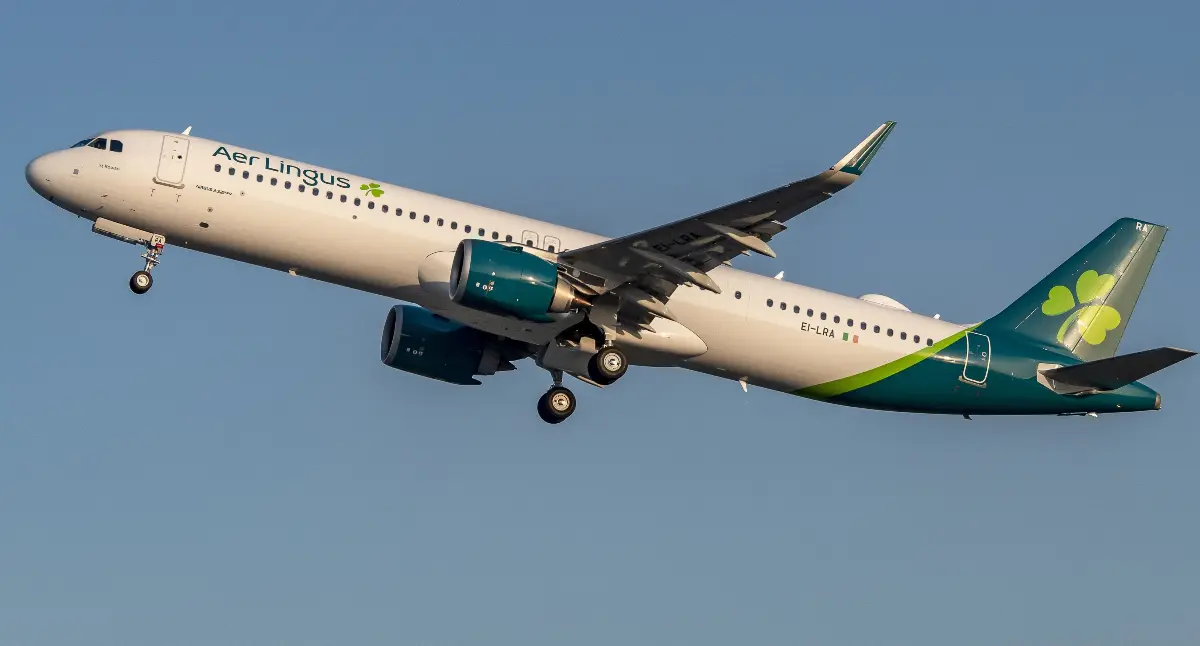
IATA. "WDS" brought industry together to explore data, technology and cybersecurity
The inaugural event with a broad consensus on three key priorities

The International Air Transport Association (IATA) successfully concluded its inaugural "World Data Symposium" ("WDS") with a broad consensus on three key priorities:
1. To use data even more intensely to derive value: With improvements in artificial intelligence and predictive analytics, the contribution of aviation’s rich data collection will drive improvements in efficiency, passenger experience, and sustainability. The industry needs to work together to address the opportunity by establishing clear data ownership structures, investing in new solutions and attracting talent.
2. To innovate by integrating technology solutions: Innovations such as cloud computing, automation, and digital identity are proving their value in improving efficiency while reducing costs. The industry needs to work together to modernize standards and optimize this potential by integrating solutions so that the passenger journey is seamless, from booking to baggage delivery.
3. To build cyber resilience: The need for robust cybersecurity grows in tandem with the use of technology, particularly as it integrates various players in the travel and air cargo value chains. The industry must work together to share information even more efficiently to protect critical infrastructure, ensure data integrity, and safeguard passenger trust.
The event was hosted by Aer Lingus in Dublin and welcomed more than 700 participants.
Use Cases for AI and Digital Identity in Aviation
Reflecting the focus areas of WDS—data, technology and cybersecurity—IATA unveiled the results of three proof-of-concept (PoC) programs worked on with companies that are part of IATA’s Strategic Partnerships Program:
Cargo Acceptance Process: The PoC demonstrated the efficiency of using a large language model (LLM) to manage regulatory compliance in the air cargo acceptance process. It also delivered broader benefits in terms of reduced waste, optimization of cargo space, improved customer satisfaction and reduced waste/loss. More broadly, the PoC showed how LLMs have the potential to support regulatory compliance in the air transport industry.
Agency Onboarding: This PoC looked at how the use of digital identity can reduce the time and effort needed to onboard new agents while reducing the potential for fraud. By implementing agency digital employee IDs, the onboarding process can be automated, linking agency profiles with agent access seamlessly. This framework will ensure secure and reliable identity verification, significantly reducing the time and effort for onboarding from seven business days to seven seconds.
Passenger Entitlements: This PoC looked at how digital identity credentials (stored as virtual credentials in a digital wallet on their mobile phone) for travelers could be combined to automate processes such as lounge and onboard access. This will consider the passenger identity, class of travel, loyalty program entitlements and ancillary purchases. While it is expected to take some time to accustom travelers to using digital identity credentials, there is tremendous potential to simplify regulatory passport and other identity checks.
"World Data Symposium" was the first of various events IATA will be holding during the course of 2025.
AVIONEWS - World Aeronautical Press Agency